In today’s digital age, having a strong online presence is crucial for any business, but it’s particularly important for small businesses looking to attract local customers. Local SEO, or Local Search Engine Optimization, is a specialized branch of SEO that focuses on optimizing your online presence to rank higher in local search results on search engines like Google.
Brief Explanation of What Local SEO Is
Local SEO involves a range of strategies designed to improve your business’s visibility in local search results. Unlike general SEO, which targets broader, global search queries, local SEO focuses on attracting customers who are searching for products or services in a specific geographic area. This can include optimizing your business’s presence on Google Maps, ensuring accurate local listings, and enhancing your website with local keywords and content.
For example, if you own a bakery in San Francisco, local SEO helps ensure that when someone searches for “best bakery near me” or “San Francisco bakery,” your business appears prominently in the search results. This is achieved through a combination of techniques such as optimizing your Google My Business profile, building local citations, and creating content that resonates with the local audience.
Importance of Local SEO for Small Businesses
For small businesses, local SEO is not just an option—it’s a necessity. Here’s why:
- Increased Visibility: Local SEO helps your business stand out in search results, making it easier for potential customers in your area to find you. This is especially important for businesses that rely on local foot traffic, such as restaurants, retail stores, and service providers.
- Targeted Traffic: By optimizing for local searches, you attract customers who are actively looking for products or services in your area. This means higher-quality leads who are more likely to convert into paying customers.
- Competitive Edge: Many small businesses compete with larger companies that have broader reach. Local SEO levels the playing field by allowing you to target specific geographic areas, making it easier to compete with bigger players in your local market.
- Enhanced Customer Experience: A well-optimized local SEO strategy improves your online visibility and ensures that potential customers can find accurate and up-to-date information about your business, such as your address, phone number, and business hours. This leads to a better overall customer experience.
Overview of What the Article Will Cover
In this article, we will explore the essential components of local SEO and how they can be leveraged to boost your small business’s online presence. We’ll dive into:
- How to optimize your Google My Business listing to attract local customers
- Best practices for on-page SEO tailored to local search queries
- The importance of local citations and directory listings, and how to manage them
- Strategies for building local backlinks and enhancing your online authority
- The role of mobile optimization in local SEO and why it matters
- Tips for creating local content that engages and informs your audience
- Methods for measuring and tracking your local SEO performance to ensure continued success
By the end of this guide, you’ll have a comprehensive understanding of how to implement effective local SEO strategies that can help your small business thrive in the local search landscape
Affiliate Disclosure: This post contains affiliate links. I may earn a commission if you make a purchase through these links. However, these links offer access to essential resources for your online success.
Try Wealthy Affiliate (For Free).
Understanding Local SEO
Definition of Local SEO
Local SEO, or Local Search Engine Optimization, is a set of strategies and techniques aimed at improving a business’s visibility in local search results. When users search for products or services with a local intent—such as “plumbers near me” or “coffee shops in [city]”—local SEO helps ensure that your business appears prominently in those search results. It involves optimizing your online presence to be more relevant to local searches, so that when potential customers are looking for what you offer in your geographic area, your business is more likely to be found.
Local SEO encompasses various practices, including optimizing your Google My Business listing, managing local citations, and creating location-specific content. It focuses on both on-page and off-page elements to enhance your business’s local search ranking and attract local traffic.
Differences Between Local SEO and General SEO
While both local SEO and general SEO aim to improve a website’s visibility in search engines, they target different types of search queries and use distinct strategies:
- Target Audience: General SEO targets a broad audience and focuses on ranking for keywords that may not be location-specific. For example, a general SEO strategy might target a keyword like “best running shoes,” which could attract users from anywhere in the world. Local SEO, on the other hand, focuses on users who are looking for services or products in a specific location, such as “running shoes store in [city].”
- Search Results: General SEO often aims to rank on the main search engine results pages (SERPs) for highly competitive keywords. Local SEO aims to improve visibility in local search results, which often include a map and a list of local businesses relevant to the search query.
- Optimization Techniques: General SEO involves optimizing website content, backlinks, and technical elements to improve overall search engine rankings. Local SEO involves additional techniques such as optimizing Google My Business listings, managing local citations, and ensuring consistent business information across various online directories.
- Ranking Factors: General SEO factors include keyword relevance, website authority, and user experience. Local SEO factors place a strong emphasis on local relevance, such as the proximity of your business to the searcher, local reviews, and local directory listings.
Why Local SEO Is Crucial for Small Businesses
For small businesses, local SEO is particularly important for several reasons:
- Increased Local Visibility: Many small businesses depend on local customers for their revenue. Local SEO ensures that your business appears in search results when potential customers in your area are looking for products or services that you offer. This increased visibility can directly lead to more foot traffic and local sales.
- Higher Conversion Rates: Local searchers often have a high intent to purchase. When people search with local intent, they are often looking for immediate solutions and are more likely to visit or contact a business that appears in local search results. This translates to higher conversion rates and a more targeted customer base.
- Competitive Advantage: Many small businesses face competition from larger companies with a broader reach. By focusing on local SEO, you can compete effectively within your geographic area and attract local customers who might otherwise choose larger, more established competitors.
- Enhanced Credibility and Trust: Appearing in local search results, especially with positive reviews and accurate business information, can enhance your business’s credibility and trustworthiness. Local SEO helps build a strong online reputation by encouraging and managing customer reviews and ensuring consistent information across online platforms.
- Cost-Effective Marketing: Compared to traditional advertising methods, local SEO is a cost-effective way to reach your target audience. Investing in local SEO can yield significant returns by attracting local customers without the high costs associated with traditional marketing strategies.
Understanding these differences and the importance of local SEO will help you implement effective strategies to improve your business’s local online presence and attract more local customers
Key Components of Local SEO
To effectively implement local SEO and enhance your business’s visibility in local search results, it’s crucial to focus on several key components. Each plays a unique role in improving your local online presence and attracting potential customers. Here’s a detailed look at these essential elements:
Google My Business Optimization
Google My Business (GMB) is a powerful tool for managing your business’s online presence in Google Search and Maps. Optimizing your GMB profile is one of the most critical aspects of local SEO.
- Claim and Verify Your Business Listing: The first step is to claim your GMB listing if you haven’t already. This process involves verifying your business with Google, which may include receiving a postcard with a verification code. Once verified, you gain control over your business information and can make necessary updates.
- Complete All Business Information: Ensure that your GMB profile is fully completed with accurate and comprehensive details. This includes your business name, address, phone number, website, business hours, and categories. Providing complete information helps Google understand your business and improves your chances of appearing in relevant local searches.
- Add High-Quality Images: Upload high-quality photos of your business, products, and services. Images can significantly impact customer perception and engagement. Include photos of your storefront, interior, and any team members to give potential customers a sense of what to expect.
- Encourage and Respond to Customer Reviews: Customer reviews are a vital factor in local SEO and can influence your search rankings. Encourage satisfied customers to leave positive reviews on your GMB profile. Actively respond to reviews—both positive and negative—to demonstrate engagement and address any concerns.
On-Page SEO for Local Optimization
On-page SEO involves optimizing individual pages of your website to rank higher in search results. For local SEO, this means incorporating local relevance into your on-page elements.
- Include Local Keywords in Titles, Meta Descriptions, and Headings: Incorporate local keywords (e.g., “plumber in [city]”) into your page titles, meta descriptions, and headings. This helps search engines understand the geographic relevance of your content and improves your chances of ranking for local queries.
- Optimize Content with Location-Specific Phrases: Use location-specific phrases and terms naturally within your content. For example, if you operate a bakery in Boston, mention Boston in your content, blog posts, and service descriptions to align with local search intent.
- Use Schema Markup to Enhance Search Visibility: Schema markup is a type of structured data that helps search engines understand the content on your site. Implement local business schema markup to provide additional information, such as your business’s address, phone number, and operating hours, directly to search engines.
Local Citations and Directory Listings
Local citations are mentions of your business’s name, address, and phone number (NAP) on other websites. Consistent and accurate citations help improve your local search rankings.
- Importance of Consistent NAP Information: Ensure that your business’s NAP information is consistent across all online platforms and directories. Inconsistent details can confuse search engines and negatively impact your local search rankings.
- Submit Your Business to Local Directories: List your business in relevant local directories such as Yelp, Yellow Pages, and local chamber of commerce websites. These citations help establish credibility and improve your online visibility.
- Monitor and Update Citations Regularly: Regularly check and update your citations to ensure accuracy. This includes correcting any incorrect information and removing duplicate listings. Tools like Moz Local and BrightLocal can help manage and track your citations.
Local Link Building
Local link building involves acquiring backlinks from websites and sources relevant to your geographic area. These links can boost your local search authority.
- Acquire Backlinks from Local Websites and Blogs: Seek opportunities to get backlinks from local news sites, blogs, and community organizations. For example, you might get featured in a local blog post or participate in a local event that gets coverage.
- Partner with Local Influencers and Businesses: Collaborate with local influencers and businesses to earn backlinks. Joint ventures, guest blog posts, or promotional activities can generate valuable local links.
- Participate in Community Events and Sponsorships: Engage in local events and sponsorships, and ensure your involvement is mentioned on relevant websites and media. This not only builds backlinks but also enhances your business’s local presence and reputation.
Mobile Optimization
With the increasing use of mobile devices, optimizing your website for mobile users is essential for local SEO.
- Ensure Your Website Is Mobile-Friendly: Make sure your website is responsive and provides a good user experience on mobile devices. A mobile-friendly design adjusts to different screen sizes and ensures that all content is accessible and easy to read.
- Improve Site Speed for Better User Experience: Fast-loading pages are crucial for retaining mobile visitors. Use tools like Google PageSpeed Insights to analyze and improve your site’s speed. Faster websites provide a better user experience and can positively impact your search rankings.
Ready to earn money online? Click to begin
Try Wealthy Affiliate (For Free).
Local Content Creation
Creating content that resonates with your local audience helps build relevance and authority in your geographic area.
- Create Blog Posts About Local Events and News: Write blog posts that cover local events, news, and topics of interest to your community. This not only attracts local readers but also signals to search engines that your content is relevant to local searches.
- Use Local Landmarks and Attractions in Your Content: Incorporate references to local landmarks, attractions, and neighborhoods in your content. Mentioning these local elements helps connect your business to the area and can improve your visibility in local searches.
Measuring and Tracking Local SEO Success
To ensure your local SEO efforts are paying off, it’s essential to measure and track your performance regularly. This involves using various tools and monitoring key metrics to assess the effectiveness of your local SEO strategies and make informed adjustments. Here’s how you can effectively track and measure your local SEO success:
Tools for Tracking Local SEO Performance
Several tools can help you monitor your local SEO performance and gain insights into how your strategies are performing. Here are some key tools to consider:
- Google Analytics: Google Analytics is a powerful tool for tracking website traffic and user behavior. It provides detailed reports on how visitors are finding and interacting with your site. You can set up specific goals and conversions to track the effectiveness of your local SEO efforts. For example, you can monitor the performance of local landing pages and see how local traffic contributes to your overall website goals.
- Google Search Console: Google Search Console offers insights into how your site appears in Google search results. It helps you track your site’s search performance, identify issues, and understand which queries are driving traffic. With Search Console, you can analyze local search queries, monitor your site’s impressions and clicks, and detect any crawl errors or indexing issues that may affect your local search rankings.
- Local SEO Tools (e.g., Moz Local, BrightLocal): Specialized local SEO tools like Moz Local and BrightLocal offer features specifically designed to manage and track local SEO efforts. These tools can help you monitor local search rankings, manage citations, and analyze review performance. Moz Local, for instance, allows you to track the consistency of your NAP information across directories, while BrightLocal provides comprehensive reports on local search performance and citation management.
Key Metrics to Monitor
To effectively gauge the success of your local SEO strategies, focus on the following key metrics:
- Local Search Rankings: Monitor your business’s rankings for local search queries. Tools like Google Search Console, Moz Local, and BrightLocal can provide insights into how your site ranks for specific local keywords. Tracking these rankings over time helps you understand how well your local SEO efforts are improving your visibility in local search results.
- Website Traffic from Local Searches: Analyze the amount of traffic your website receives from local searches. Google Analytics allows you to segment your traffic by geographic location, enabling you to see how much of your traffic is coming from local searches. An increase in local traffic indicates that your local SEO strategies are effectively driving more visitors from your target area.
- Customer Reviews and Ratings: Track the number and quality of customer reviews and ratings on platforms like Google My Business, Yelp, and other review sites. Positive reviews and high ratings can enhance your local SEO by boosting your credibility and encouraging more customers to choose your business. Monitor both the quantity and quality of reviews to ensure that your reputation remains strong.
- Click-Through Rates and Conversions: Measure how often users click through to your website from local search results and how many of those clicks result in conversions. Google Analytics can help you track click-through rates (CTR) from search results and analyze conversion data, such as form submissions or purchases. High CTR and conversion rates indicate that your local SEO efforts are attracting relevant visitors who are likely to engage with your business
Common Local SEO Mistakes to Avoid
Local SEO is a powerful way to improve your business’s visibility and attract local customers, but several common mistakes can hinder your efforts. Avoiding these pitfalls will help ensure that your local SEO strategies are effective and that your business remains competitive in local search results. Here’s a closer look at some common local SEO mistakes and how to avoid them:
Inconsistent Business Information
One of the most crucial aspects of local SEO is maintaining consistent business information across all online platforms. Inconsistent NAP (Name, Address, Phone Number) information can confuse search engines and customers, leading to lower search rankings and a poor user experience.
- Why It’s a Problem: Search engines like Google rely on consistent information to verify the legitimacy of your business. If your NAP details are inconsistent across different directories, listings, or your website, it can negatively impact your local search rankings and make it harder for customers to find you.
- How to Avoid It: Regularly audit your online listings to ensure that your business information is accurate and consistent across all platforms. Use tools like Moz Local or BrightLocal to manage and update your business listings and citations. Ensure that your website, Google My Business profile, and other online directories reflect the same information.
Ignoring Customer Reviews
Customer reviews play a significant role in local SEO and can influence your business’s reputation and visibility. Ignoring reviews or failing to engage with customers can result in missed opportunities to build trust and improve your search rankings.
- Why It’s a Problem: Customer reviews affect your local search rankings and can impact potential customers’ decisions. Negative reviews, if left unaddressed, can harm your reputation, while positive reviews can enhance your credibility and attract more customers. Search engines also consider review quantity and quality when determining local search rankings.
- How to Avoid It: Actively monitor and respond to customer reviews on platforms like Google My Business, Yelp, and other review sites. Thank customers for positive feedback and address any concerns raised in negative reviews. This engagement shows that you value customer feedback and are committed to providing excellent service.
Neglecting Mobile Optimization
With the increasing use of mobile devices for local searches, having a mobile-friendly website is essential. Neglecting mobile optimization can lead to a poor user experience and negatively impact your local search rankings.
- Why It’s a Problem: A website that isn’t optimized for mobile devices can be difficult to navigate and may result in high bounce rates. Search engines prioritize mobile-friendly websites in their rankings, and a poor mobile experience can lead to lower visibility in local search results.
- How to Avoid It: Ensure that your website is responsive and provides a seamless experience on all device sizes. Use tools like Google’s Mobile-Friendly Test to check your site’s mobile compatibility. Improve site speed, optimize images, and make sure that all content is accessible and easy to interact with on mobile devices.
Overlooking Local Content Opportunities
Creating content that resonates with your local audience is a key component of local SEO. Overlooking local content opportunities means missing out on ways to connect with potential customers and enhance your local relevance.
- Why It’s a Problem: Local content helps establish your business as a relevant and valuable resource in your community. By failing to create content related to local events, news, or landmarks, you miss the chance to engage with your audience and signal to search engines that your business is relevant to local searches.
- How to Avoid It: Develop content that highlights local events, news, and topics of interest to your community. Create blog posts, articles, and social media updates that feature local landmarks, businesses, and activities. Engaging with local issues and events helps build your local presence and improves your relevance in local search results.
Conclusion
In today’s competitive digital landscape, local SEO is an indispensable tool for small businesses striving to attract more local customers and grow their presence in the community. By focusing on local SEO, you can enhance your visibility in local search results, drive targeted traffic to your website, and ultimately increase your chances of converting local searchers into loyal customers.
Recap of the Importance of Local SEO for Small Businesses
Local SEO is vital for small businesses for several reasons:
- Increased Local Visibility: By optimizing your online presence for local search, you ensure that your business stands out when potential customers in your area are searching for products or services you offer. This increased visibility can lead to more foot traffic, phone calls, and online inquiries.
- Targeted Traffic: Local SEO helps you attract customers who are actively seeking services or products in your geographic area. This targeted approach means that the traffic you receive is more likely to convert, as these visitors are looking for what you offer right in your vicinity.
- Competitive Edge: In a crowded market, local SEO allows small businesses to compete effectively with larger companies that may have a broader reach. By focusing on local search, you can capture the attention of your community and build a strong local customer base.
- Enhanced Credibility and Trust: A well-optimized local SEO strategy, including positive customer reviews and consistent business information, enhances your credibility and fosters trust with potential customers. This trust can translate into increased customer loyalty and positive word-of-mouth.
Encouragement to Implement the Strategies Discussed
Implementing the strategies discussed in this article can significantly impact your local SEO efforts and help your business thrive. From optimizing your Google My Business profile and managing local citations to creating engaging local content and ensuring mobile optimization, each strategy plays a crucial role in improving your local search presence.
Start your journey to financial independence today. Click to begin
Try Wealthy Affiliate (For Free).
Don’t underestimate the power of these tactics. By dedicating time and resources to local SEO, you can build a stronger online presence, attract more local customers, and ultimately drive growth for your business. Start by assessing your current local SEO efforts, identifying areas for improvement, and gradually implementing the strategies outlined in this guide.
The digital landscape is constantly evolving, and staying ahead requires proactive efforts. Take the first step towards improving your local SEO today. Evaluate your Google My Business listing, ensure your business information is consistent across all platforms, and begin creating valuable local content. Regularly track your performance, avoid common mistakes, and adjust your strategies as needed.
By focusing on local SEO, you’re not just optimizing for search engines—you’re also investing in your business’s future success. Start today to drive more local traffic, enhance your online visibility, and grow your business in your community.
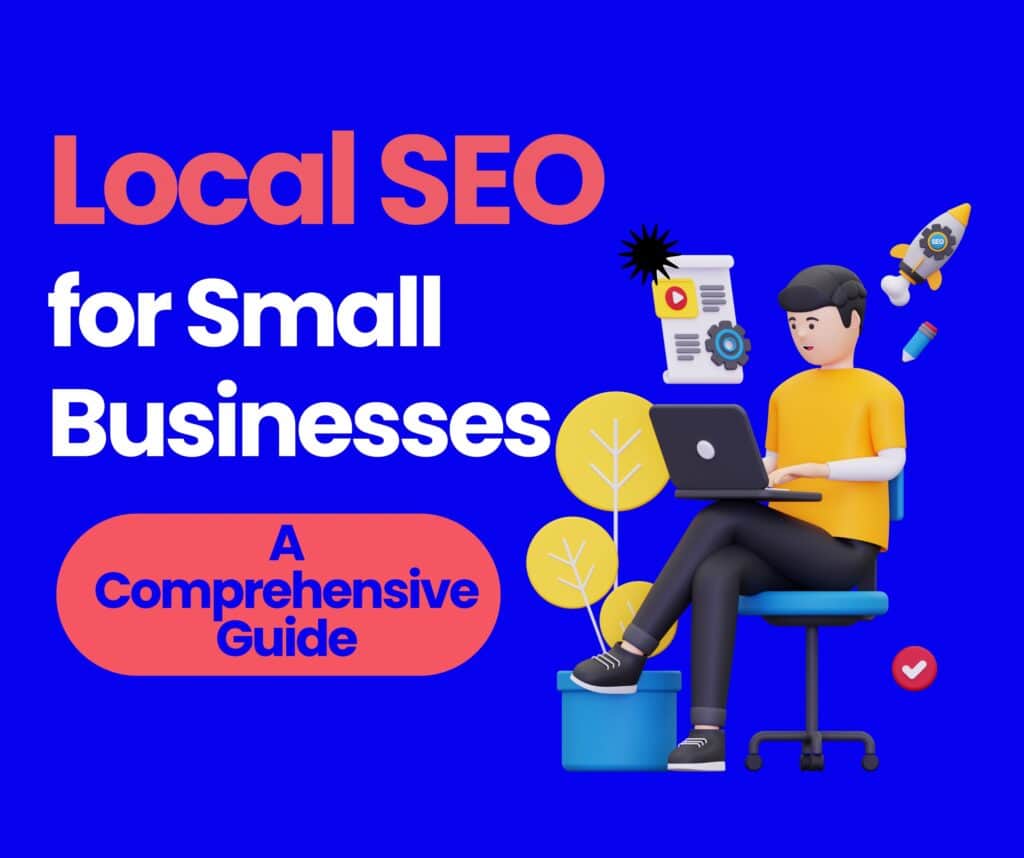
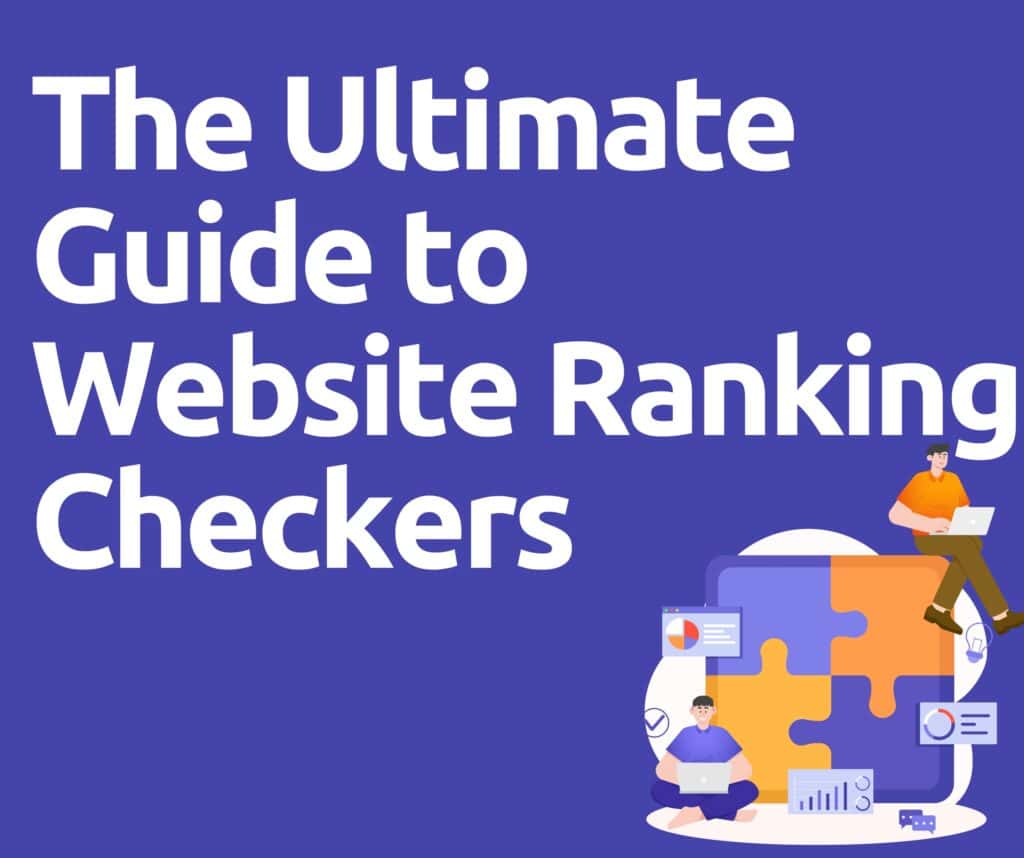

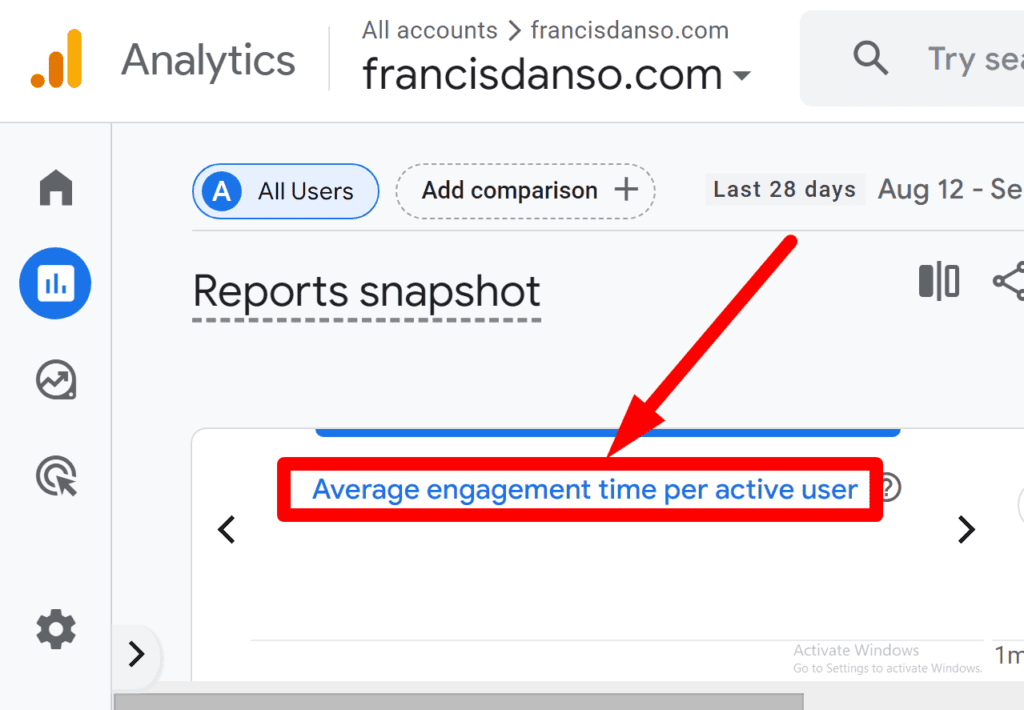
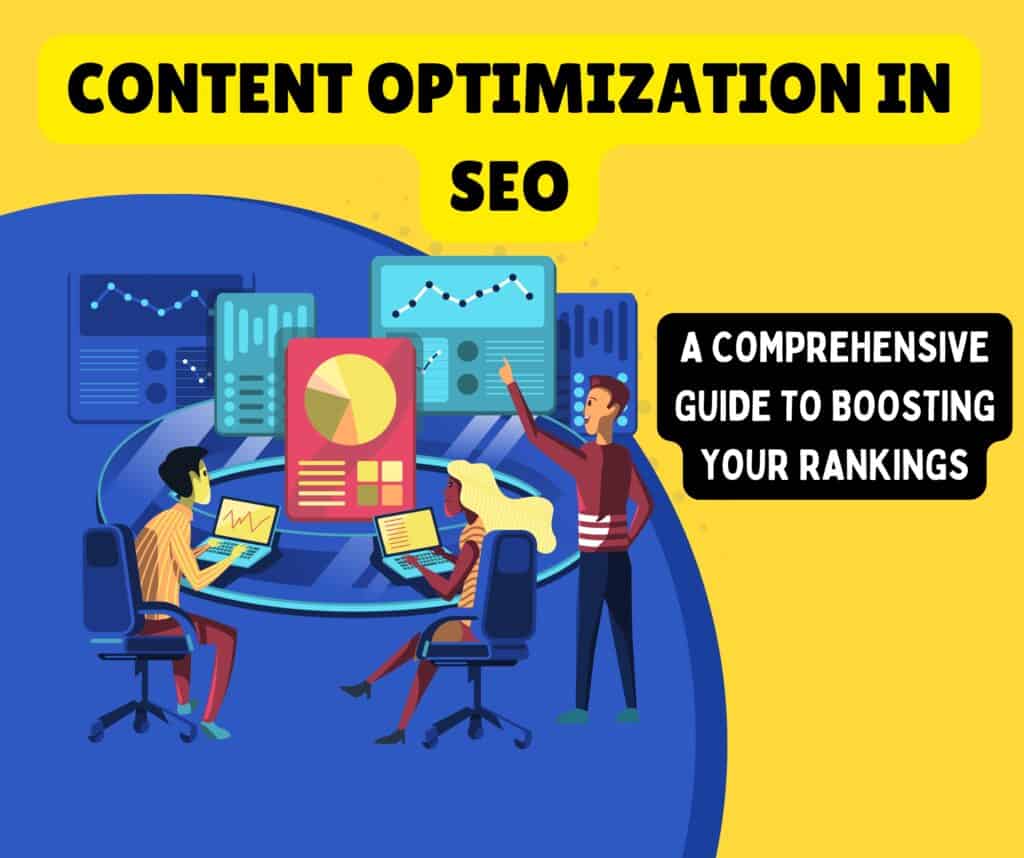

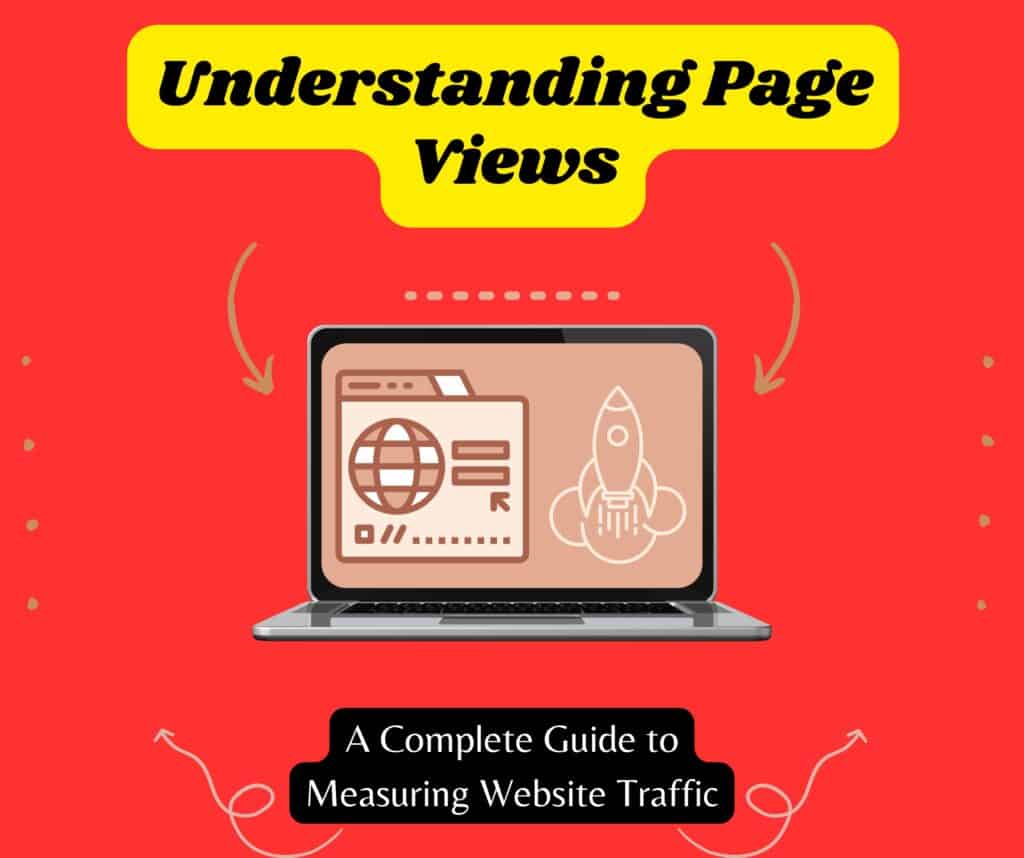

I have read some excellent stuff here. Definitely price bookmarking for revisiting. I wonder how so much attempt you put to make the sort of magnificent informative website.
Ϝirst of all I would like to say excellent blog! I had a quyick question that I’d
like to ask if you don’t mind. I was curious to find outt how yoou center youгself annd clear
your headd before writіng. I’vе had a hard time ⅽlearіing
my thoughts in getting my ieas out there. I do take pⅼeasure in wгiting howeve it jusat seems like the first 10 tо 15 minutes tend to be lost simply just
trүing to figure oսt how to begin. Any ѕggestions or tips?
Thank you!
My best suggestion for you is to try out Wealthy Affiliate for free and get to do it right.
Use the link below to sign up for free and you will be glad you did
https://www.wealthyaffiliate.com/a_aid/5a0ea743/campaign/aaa
I’ll right away grab your rss as I can not to find your e-mail subscription link or e-newsletter service. Do you’ve any? Please allow me recognize in order that I may just subscribe. Thanks.
Alright, join me at Wealthy Affiliate using the link below
https://www.wealthyaffiliate.com/a_aid/5a0ea743/campaign/aaa
Youre so cool! I dont suppose Ive learn something like this before. So nice to find any individual with some unique thoughts on this subject. realy thank you for starting this up. this web site is one thing that is needed on the internet, somebody with just a little originality. useful job for bringing something new to the web!